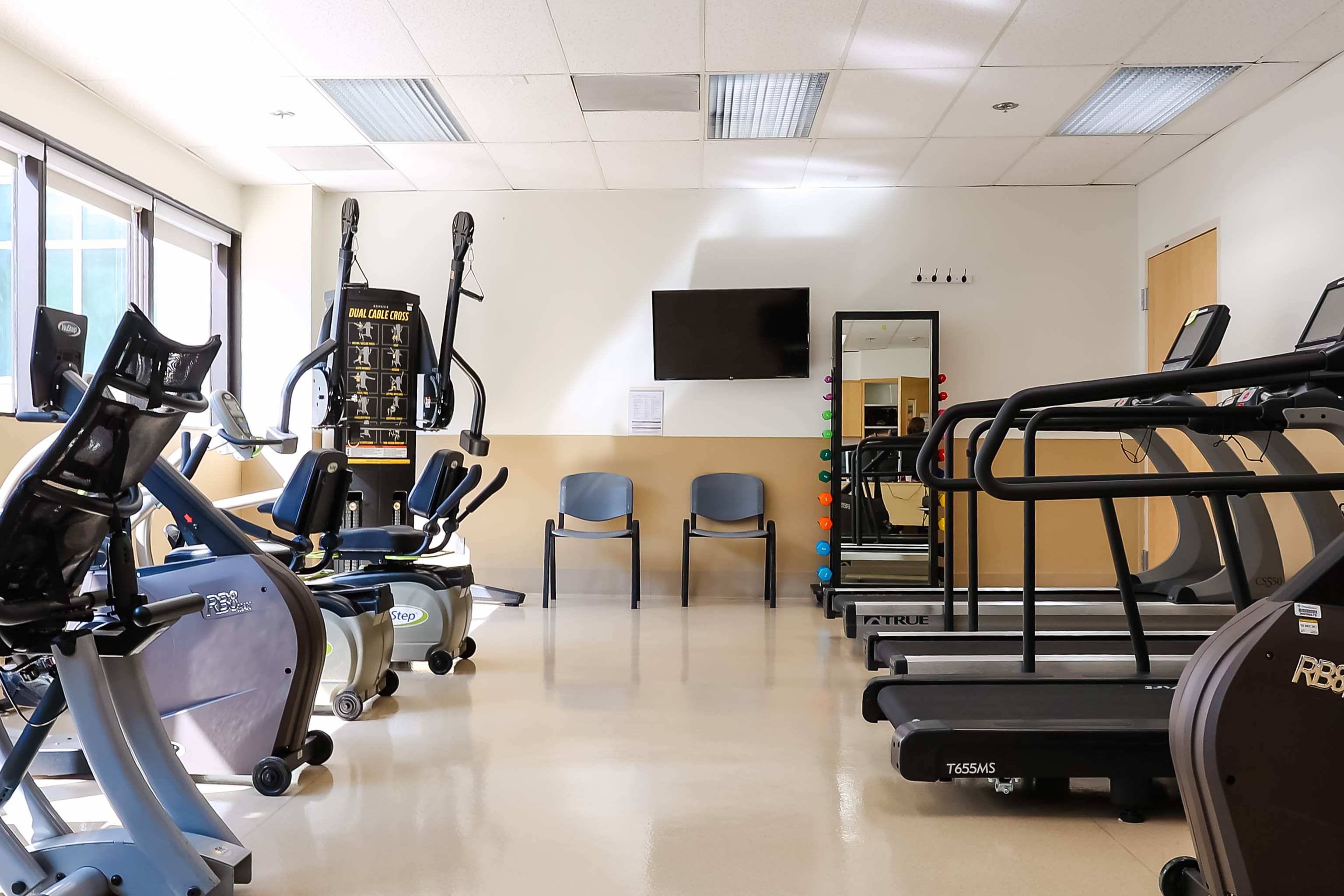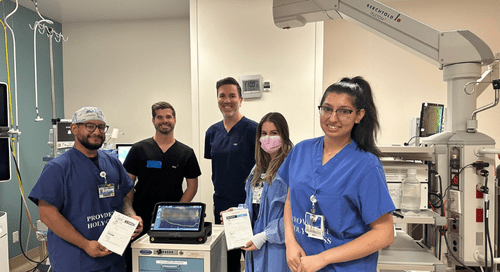Providence Holy Cross Medical Center Earns National Recognition For Quality Stroke Treatment
Providence Holy Cross Medical Center and our Comprehensive Stroke Center have been recognized by the American Heart Association and American Stroke Association for the care and treatment provided to stroke patients.
Providence Holy Cross Medical Center earned the AHA/ASA Get with the Guidelines’ Stroke GOLD PLUS, Stroke Honor Roll Elite Plus, Type 2 Diabetes Honor Roll and Advanced Therapy recognitions.
Hospitals are honored for providing the most up-to-date, evidence-based treatments to improve patient care and results. When a “Code Stroke” is called, the team responses rapidly to assess and treat the patient to help avoid the debilitating effects of stroke.
The Gold Plus Quality Achievement Award is given to hospitals that have experienced two or more consecutive years with a minimum 85 percent adherence with AHA/ASA achievement measures, and 75% on additional quality measures. This honor recognizes the hospitals’ commitment to and success in implementing a high standard of stroke care by ensuring stroke patients receive treatment that meets nationally accepted, evidence-based standards and recommendations.
The Elite Plus Honor Roll level is given to hospitals that meet door-to-needle (treatment) in 45 minutes at least 75% of the time, and 30 minutes at least 50% of the time. With stroke, time is brain, so treating patients quickly can make a critical difference.
The Advanced Therapy recognition is given to hospitals that achieve door to clot-retrieval device times within 90 minutes for direct arriving patients and within 60 minutes for transfer patients at least 50% of the time. Patients that receive a thrombectomy to remove the clot from the brain significantly improve their chances of recovery and returning to normal life.
A Heart Association study shows stroke patients treated at hospitals participating in the national Get With The Guidelines – Stroke program were more likely to be discharged and survive after leaving the hospital than patients in non-participating hospitals.



